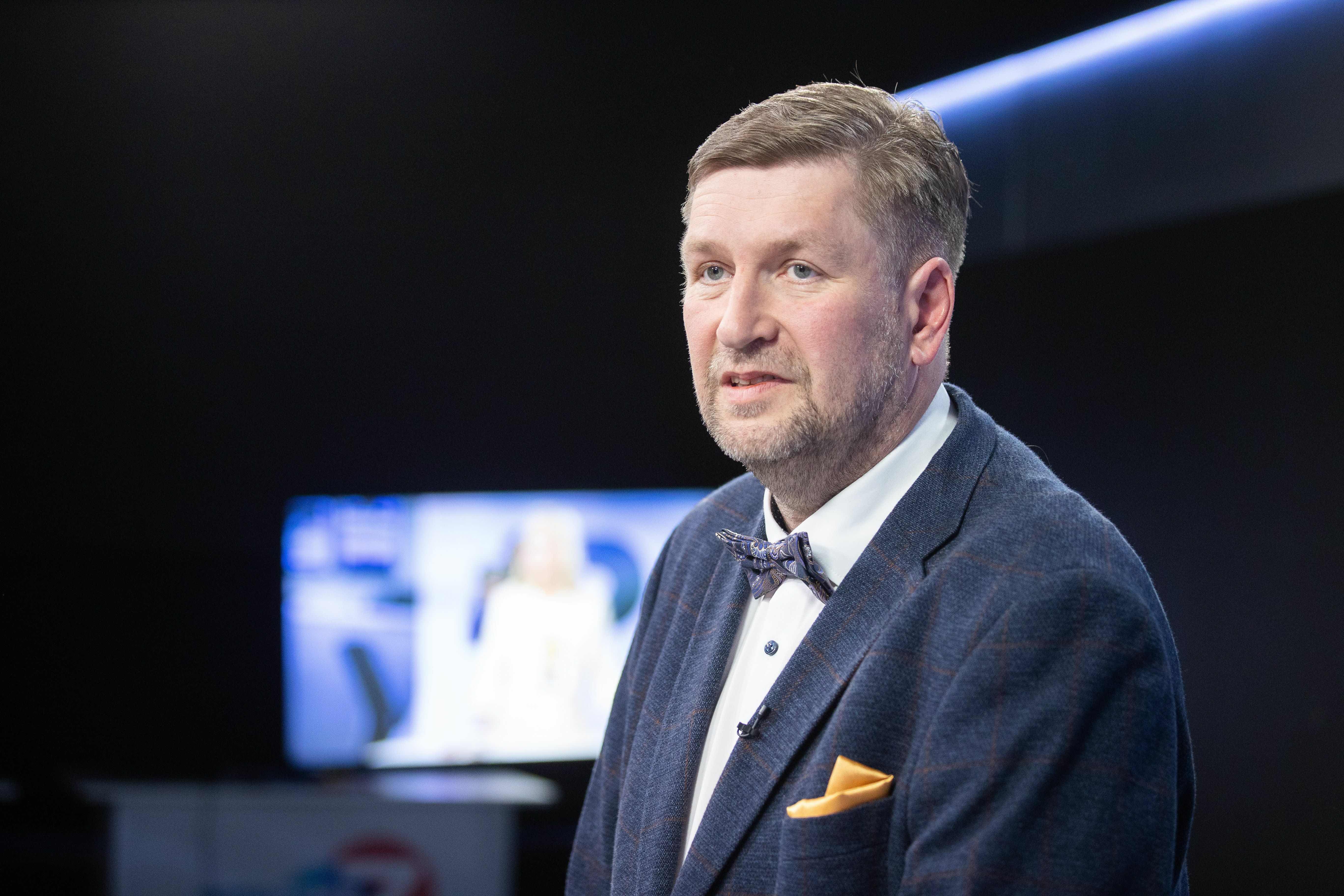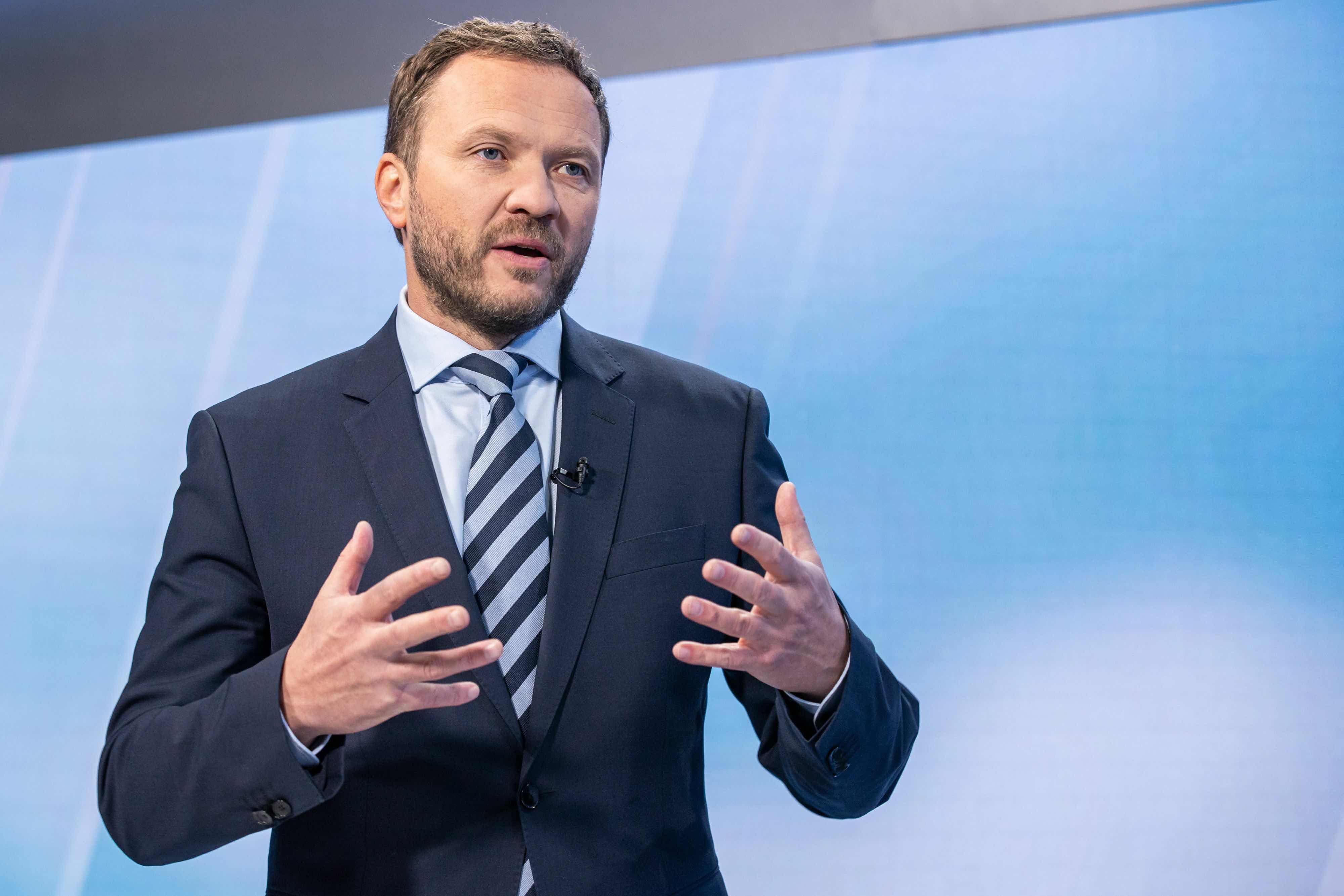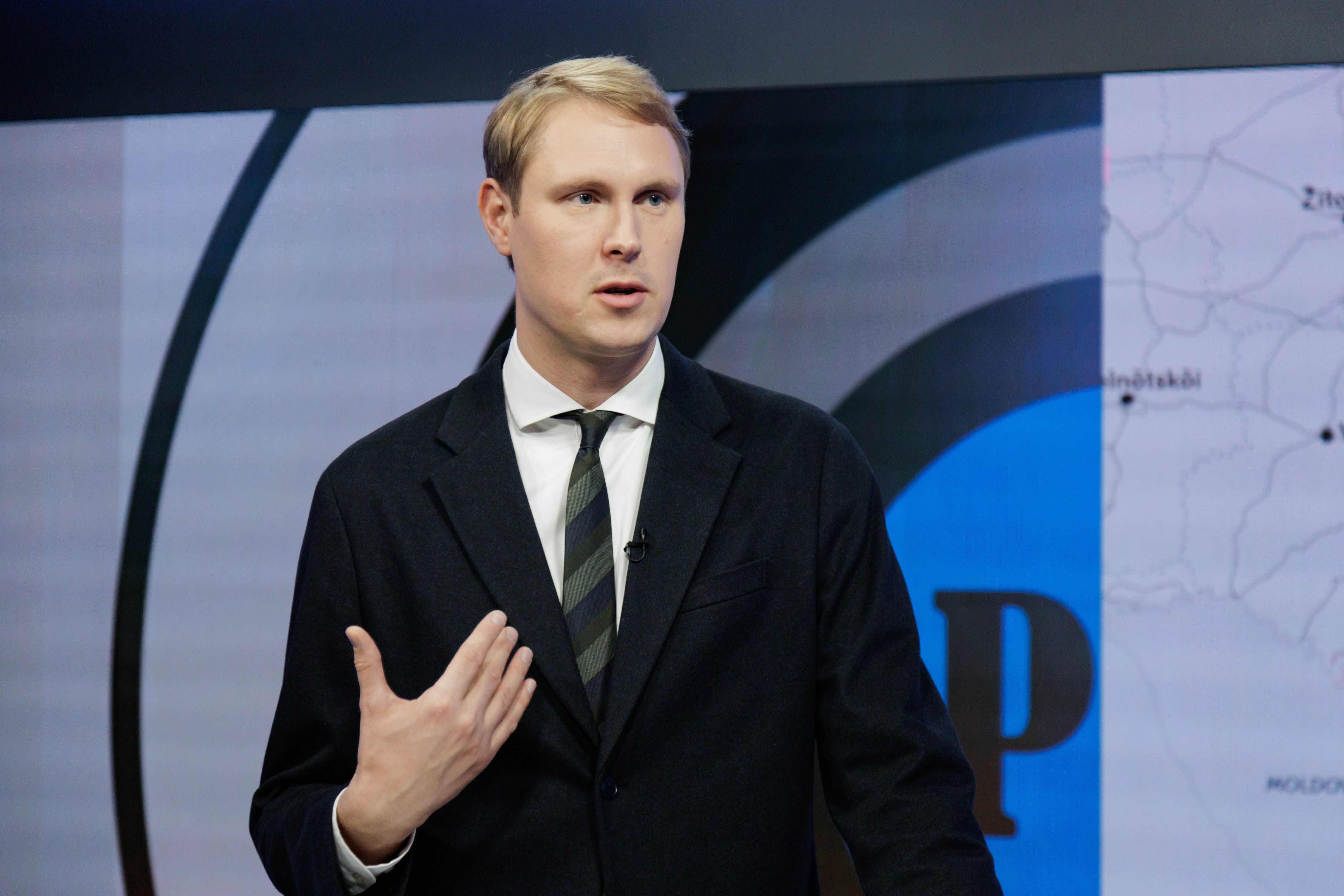Vox Populi
ANDRES METSOJA
member of the Riigikogu (Isamaa)
The fact that Estonia and the other Baltic states were not at the table in London is disturbing. However, an even bigger issue is the behind-the-scenes reports that our prime minister declined the British prime minister's invitation to a preceding virtual discussion with other Baltic leaders due to vacation plans and delegated participation to the president.
In today’s uncertain security environment, it is crucial to be active, just as we were at the beginning of the full-scale war, when Estonia and our allies took steps that led Europe to firmly support Ukraine.
After the Paris summit, several EU and NATO eastern flank countries expressed dissatisfaction over being excluded from discussions, with Denmark being designated to represent the entire region.
Now, Estonia is weakening its own position when our prime minister, defense minister, and interior minister do not consider it justified to cut short their simultaneously scheduled vacations amid turbulent geopolitical events. This seriously damages our international reputation and reduces our credibility.
RASMUS LAHTVEE
deputy leader of the Estonian Greens
At first glance, Estonia (along with Latvia and Lithuania) being left out of the Paris and London meetings was surprising and certainly felt unpleasant. However, the bigger blow here is more to our ego rather than to actual representation of our interests. After all, we are home to the EU's high representative for foreign affairs and security policy.
British Prime Minister Starmer has already apologized and assured that we will definitely be invited to future discussions. Even at this meeting, our positions were represented through the NB8 (Nordic-Baltic) format and, as far as we know, were taken into account.
Therefore, harping on being sidelined in this case is a pointless distraction. Instead, we should be thinking about what our actual contribution to such coalitions of the willing should be.
How do we avoid such a situation? Simple! We need to grow Estonia's economy large enough to be able to contribute significant military capabilities to such coalitions. To ensure that small nations and states remain subjects rather than objects in geopolitics, we have room for development in other areas as well. It all starts with getting things right at home so that the entire Estonian nation can take pride in its own country.
It is worth emphasizing that cutting down all of Estonia's forests and depleting our natural resources will certainly not deliver the leap forward we need!
MARTI AAVIK
member of the governing board of The Right
Estonians are worried. This anxiety affects everyday life and economic decisions—whether to buy an apartment or wait, whether to have children now or later, whether to start a new business, buy a better washing machine, or save money just in case. If we remain stuck in a cycle of uncertainty, life stalls, and along with it, economic activity slows—ultimately impacting our real defense capability. We need to break out of this vicious cycle.
Estonia needs to send a message both to its people and the world that we will emerge from this crisis alive and stronger. Over the past three years, this message has been necessary for foreign investors. In the past two years, it has been critical for our own entrepreneurs, and now, every Estonian needs to hear it.
Not automatically having an seat at the table is already a bad sign. As the established formats of cooperation waver and world leaders convene in hastily formed coalitions of the willing, staying in decision-making circles is more important than ever—both practically and symbolically.
What is wrong on our end? It is clear that Estonia needs leaders who stand out as independent foreign policy thinkers and initiators. With all due respect, we currently do not have such a prime minister, foreign minister, or even a president.
For the past few years, the political elite has worked hard to ensure that Estonia has no standout spokesperson—not intentionally, of course, but for various other reasons. Unfortunately, the result is what we see now.
Secondly, we need success stories that can be clearly communicated. Take one particularly embarrassing example: Estonia's long-discussed defense industry park. Three years after Russia's full-scale invasion of Ukraine, we still do not have one, and there are no signs that we will anytime soon. Entrepreneurs are waiting, but officials are dragging their feet.
For comparison, the Manhattan Project took three years from its start to Japan's surrender. Yet, in the same time span, our bureaucrats have not even managed to get the paperwork done for a single plot of land. This shows they still do not take the issue seriously.
MARGUS TSAHKNA
foreign minister (Estonia 200)
For us, the specific reason why the Baltic states were not present at the meeting does not matter much.
However, we had the opportunity to speak with the British prime minister before the meeting and present our position. We also expressed our expectation and hope that we will be invited to future discussions.
RAIMOND KALJULAID
member of the national defense committee of the Riigikogu (Social Democratic Party)
Estonia must be at the table when European security is being discussed. Firstly, because it directly concerns us. Secondly, unlike some Western and Southern European countries, we have always fulfilled our allied commitments.
Estonia's defense spending has increased significantly in recent years, but even before that, we were one of the few countries that consistently met the commitment to allocate at least two percent of GDP to defense spending. Additionally, Estonia was also among the countries that introduced new ideas for supporting Ukraine and strengthening European and NATO collective defense during Kaja Kallas' tenure and while Kusti Salm led the Defense Ministry—such as the one-million-shell initiative, among others.
For the past 20 years, we have had a realistic view of Russia, while many others lived in rosy illusions.
That is why Estonia must participate in these discussions, be present, and be represented at a high level.
British Prime Minister Keir Starmer has told his parliament that in future meeting "configurations," the Baltic states "must be included." I do not know exactly what that means. What matters is what actually happens.
I am sure the British government understands that discussing European security without Estonia and our regional allies is pointless. It would simply be tea and biscuits instead of a serious discussion.




